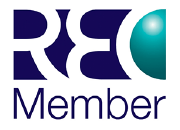After the Interview
As your job interview comes to an end, make sure you find out when you'll be informed of the outcome – and thank the interviewer for giving you the chance to attend.
Once you leave the interview please call the consultant straight away to give them your interview feedback they will support you in hopefully what will be the next steps.






